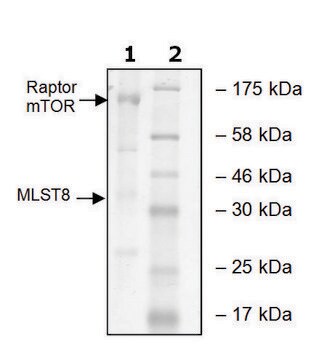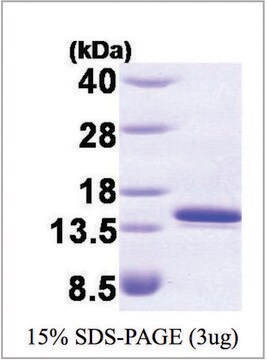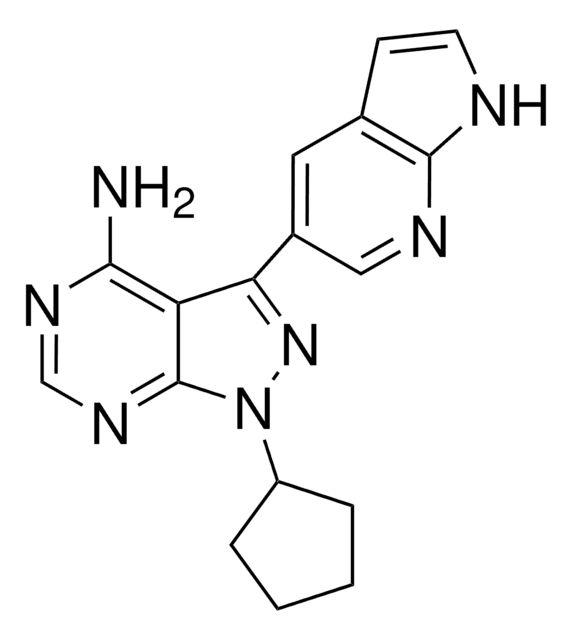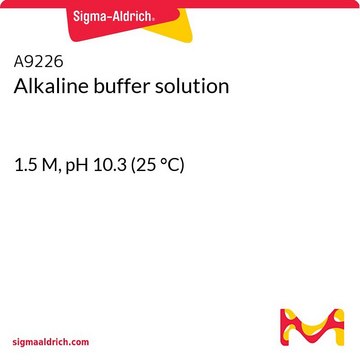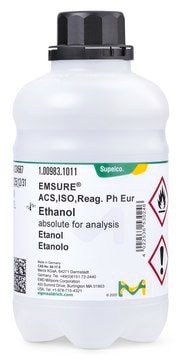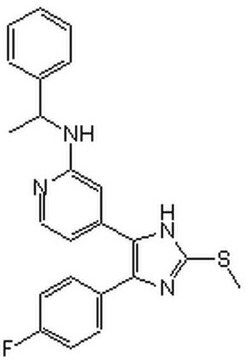14-770-M
mTOR (1362-end) Protein, active, 10 µg
Active, N-terminal FLAG-tagged, recombinant, human mTOR, amino acids 1362-end, for use in Kinase Assays.
Synonym(s):
FRAP1
Sign Into View Organizational & Contract Pricing
All Photos(1)
About This Item
UNSPSC Code:
12352202
eCl@ss:
32160405
NACRES:
NA.41
Recommended Products
biological source
human
Quality Level
recombinant
expressed in baculovirus infected Sf21 cells
form
liquid
specific activity
377 U/mg
manufacturer/tradename
Upstate®
technique(s)
activity assay: suitable (kinase)
solubility
water: soluble
NCBI accession no.
UniProt accession no.
storage temp.
−70°C
Gene Information
human ... MTOR(2475)
General description
Research area: Cell Signaling
Protein Target: mTOR (FRAP1)
Target Sub-Family: Lipid/Atypical
N-terminal FLAG-tagged, recombinant, human mTOR, amino acids 1362-end
The mechanistic target of rapamycin (mTOR) protein is a serine/threonine protein kinase belonging to PI3K-related kinase (PIKK) family, expressed throughout the body.
Protein Target: mTOR (FRAP1)
Target Sub-Family: Lipid/Atypical
N-terminal FLAG-tagged, recombinant, human mTOR, amino acids 1362-end
The mechanistic target of rapamycin (mTOR) protein is a serine/threonine protein kinase belonging to PI3K-related kinase (PIKK) family, expressed throughout the body.
Application
The active mTOR (1362-end) protein, 10 µg, has been used in the mTOR substrate phosphorylation assay to validate the biochemical and pharmacological profile of a novel mTOR-KI for targeting mTOR signaling pathways in vitro and in vivo.
Biochem/physiol Actions
Mechanistic target of rapamycin (mTOR) plays a pivotal role in regulating various essential cellular processes, ranging from protein synthesis to autophagy. Moreover, it influences metabolism, cellular survival, gene transcription, and cytoskeletal components. It gets activated in response to growth factors, nutrients, mitogens, and hormones.Downregulation of mTOR signaling is associated with the advancement of cancer and diabetes, and aging process.
Packaging
Also available in 100μg size, please inquire for pricing and availability.
Unit Definition
Specific Activity: where one unit of mTOR activity is defined as 1 nmole of phosphate incorporated into 2mg/ml mTOR substrate per minute at 30°C with a final ATP concentration of 100µM.
Physical form
16µg of enzyme in 100µl of 10mM HEPES, 50mM NaCl, 50mM β-glycerophosphate, 0.25mM sodium orthovanadate, 10mM NaF, 300µg/ml FLAGTM peptide, 20% v/v glycerol
Storage and Stability
Store -70°C. For maximum recovery of product, centrifuge original vial prior to removing the cap.
Legal Information
UPSTATE is a registered trademark of Merck KGaA, Darmstadt, Germany
Disclaimer
Unless otherwise stated in our catalog or other company documentation accompanying the product(s), our products are intended for research use only and are not to be used for any other purpose, which includes but is not limited to, unauthorized commercial uses, in vitro diagnostic uses, ex vivo or in vivo therapeutic uses or any type of consumption or application to humans or animals.
Storage Class Code
10 - Combustible liquids
WGK
WGK 2
Certificates of Analysis (COA)
Search for Certificates of Analysis (COA) by entering the products Lot/Batch Number. Lot and Batch Numbers can be found on a product’s label following the words ‘Lot’ or ‘Batch’.
Already Own This Product?
Find documentation for the products that you have recently purchased in the Document Library.
Jianchang Qian et al.
Oncotarget, 7(41), 67071-67086 (2016-08-27)
The mechanistic target of rapamycin (mTOR) is a rational target for cancer treatment. While the mTORC1-selective rapalogs have shown significant benefits in the clinic, antitumor response may be further improved by inhibiting both mTORC1 and mTORC2. Herein, we established target
Our team of scientists has experience in all areas of research including Life Science, Material Science, Chemical Synthesis, Chromatography, Analytical and many others.
Contact Technical Service